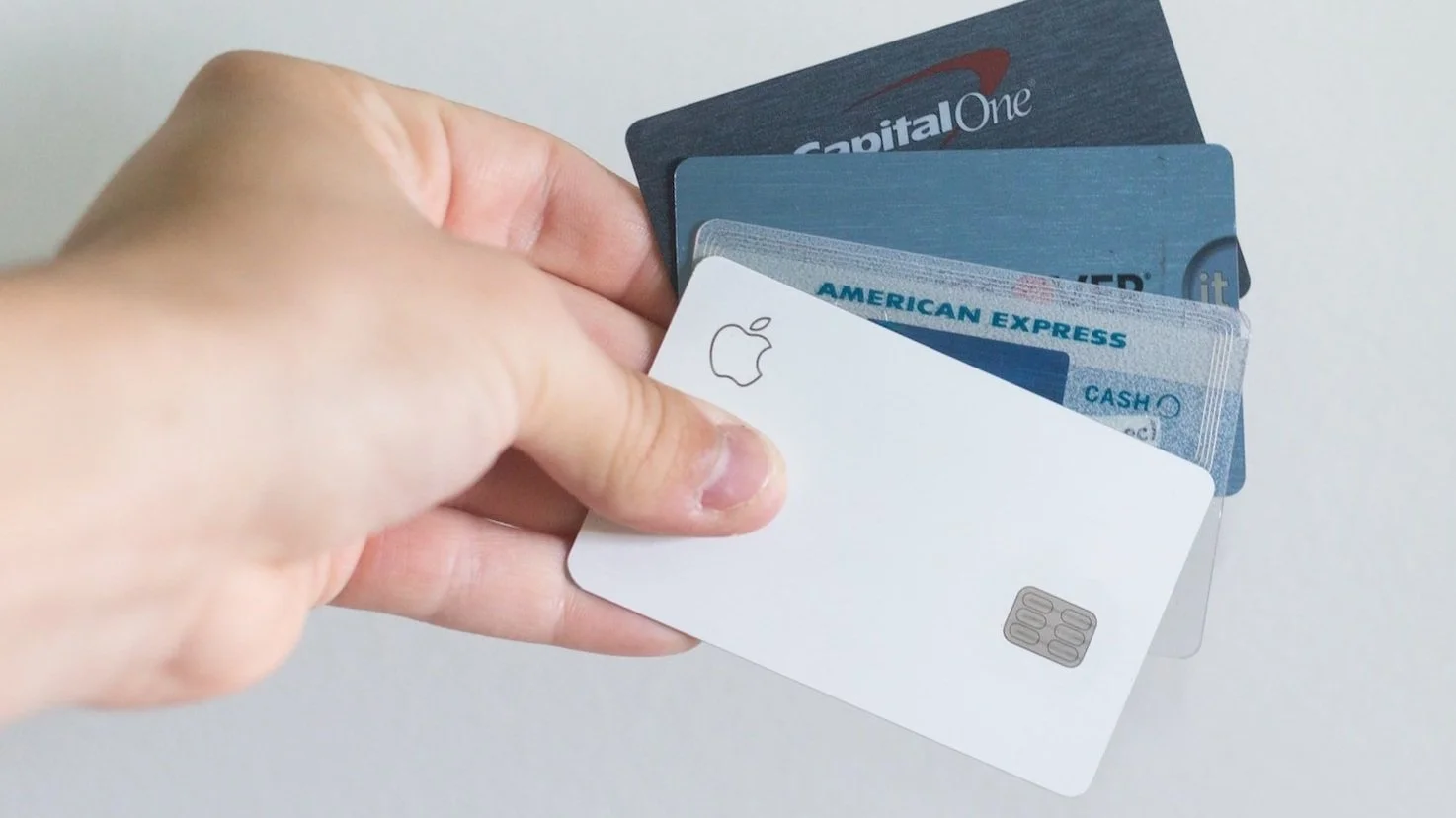How to Prepare Your Money for a Recession
Recession. It’s a word we’ve all been hearing a LOT for a while now. Depending on who you ask, some will say we’re in the midst of a recession. Others will say it’s just around the corner. Either way, a recession is impacting us all. But how exactly? And what can we do about it? Let’s get into it.
What is a recession?
I like Investopedia’s simple, straightforward definition of a recession. It’s a “significant, widespread, and prolonged downturn in the economy.”
So, obviously the overall economy is affected. But each of us can also be affected personally.
How does a recession impact us?
During a recession, we often see a rise in unemployment because lots of businesses make cuts or close altogether. Wages also tend not to increase during a recession. Hand in hand with all of this, there’s usually a decrease in consumer spending because things become less affordable (especially when high inflation is in the mix).
But don’t let the idea of a recession stress you out. There are things you can do to prepare your money so that a recession doesn’t completely throw you off your game financially.
So, what can you do to be prepared for a recession?
Tip #1: Keep a budget.
If you’re not already budgeting, you should for sure get started! And if you’re already budgeting, now’s a good time to review it and see if it could use some recession adjustments.
A budget is a plan for what you’ll do with your money each month. You include all the different spending, saving, and investing areas in your life and decide how much you want to allocate to each.
Why is budgeting particularly helpful in a recession? A budget makes you aware of how much you have to spend. It helps you be more strategic about how you spend. And it helps you identify where you may need to cut back on discretionary spending while things may be a little tighter.
In short, during a recession, a budget helps you have a plan to afford life while the economy’s down.
Recessions can be challenging. BUT that doesn’t mean you can’t still have money to enjoy life!
Get your FREE download of “9 Ways to Find More Money in Your Budget!”
I’ve done the work for you to find areas where your money may be hiding. I’ve even crunched the numbers, so you know exactly how much of your money you could reclaim to use for the things you love!😉
Tip #2: Build up your emergency fund.
It’s wise to hope for the best, but be prepared for the worst. Having a solid emergency fund in place is a smart move. That way, if you experience job loss or even a reduction in hours, you have enough money to carry you through until things turn around. An emergency fund can spare you so much financial and mental stress when you’re in a jam.
Even if nothing changes with your employment, a good emergency fund is still key for saving you from the stress (and potential debt) of other emergencies that pop up in life.
Aim for $1,000 for a starter emergency fund. But I encourage you to then keep going until it’s fully funded. That’s 3 to 6 months-worth of essential living expenses.
For tips on how to build up your emergency fund, check out my blog post on it!
Tip #3: Get credit card spending under control.
In a recession, where things may seem tight, it can be easy to slip into a pattern of relying on credit cards. But they carry notoriously high interest rates. It becomes harder and harder to pay off that increasing credit card debt over time.
So, if you’re currently carrying a balance on your credit cards, stop spending on them. Focus on paying off that balance. Then, be honest with yourself. Only go back to using your credit cards if you know you have enough discipline to only spend what you can pay off in full at the end of your billing cycle.
The effects of a recession are challenging enough on their own. The last thing you want is to add to it by also racking up credit card debt that you can’t afford to pay.
Want quick, easy, FREE money advice — straight from a financial coach — that can improve your finances, week after week?
Sign up for my newsletter, and get ready to use your money to live your best life!
Conclusion
While recessions can seem scary or stressful, they’re a regular part of our economy’s cycle. And they don’t last forever. So the goal is not to operate in fear or panic. Instead, pray for the best and prepare for the worst. The tips above will help you to be as prepared as you can be to weather any (temporary) storms that may come!
Are there any other ways you can think of to prepare for a recession? Share in the comments below!


